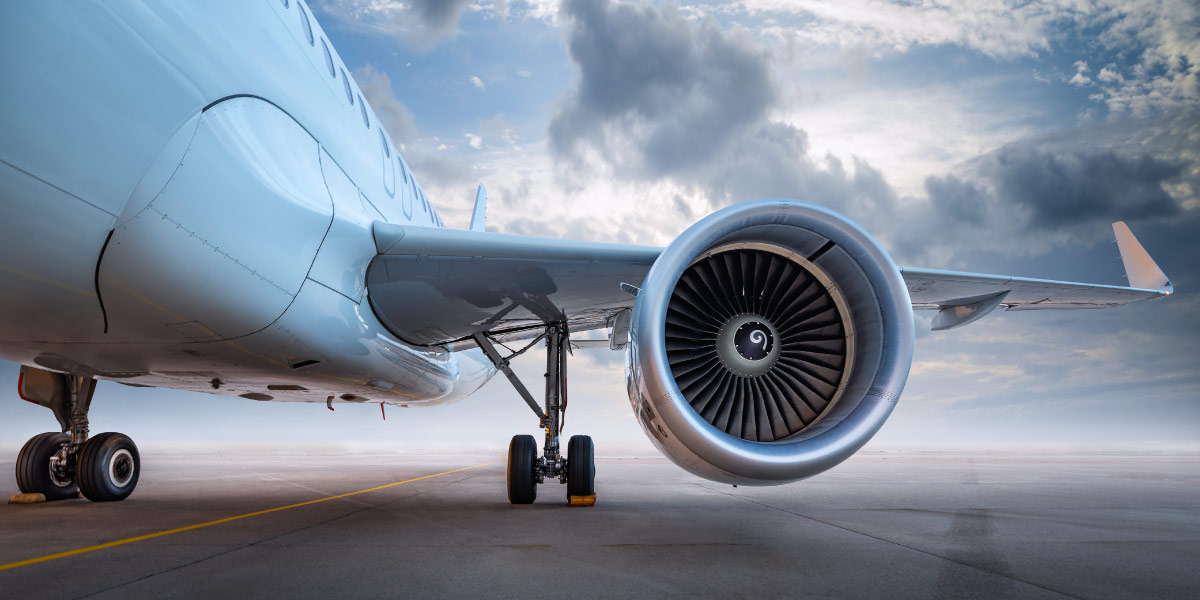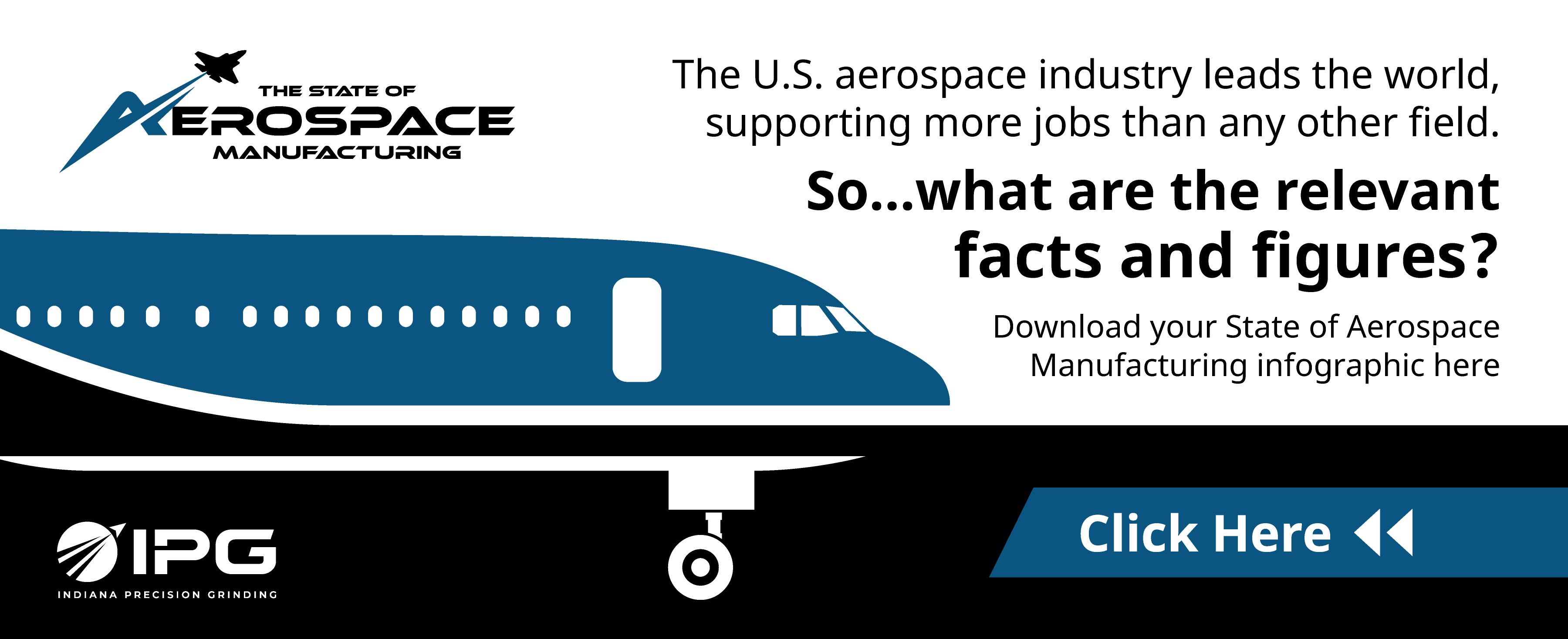AS9100 and ISO 9001: What's the Difference?
In the machining world, there are all kinds of standards and certifications the best shops want to maintain and acquire as they do business. If you're a regular to the machining business, you want to ensure that you're selecting the shop that best meets your needs and can do it in the best way for the best price. Just two of the many certifications a shop can hold are the AS9100 and the ISO 9001 certifications. What are the differences between these two? Glad you asked.
Click Here to Read About the History of Aerospace Manufacturing
ISO 9001
Let's start with the ISO 9001 certification. Why? It may not be accurate to describe the ISO 9001 as a "standard package," because it is a badge of honor that not all shops hold, but when vetting machine shops, some businesses will actively avoid shops that do not hold the ISO certification at a minimum. ISO is a defined international standard for quality management systems (QMS). The certification is granted by the International Organization for Standardization (ISO).
Organizations use the standard to demonstrate their ability to consistently provide products and services that meet customer and regulatory requirements. These standards have been updated a few times since the certification's inception in 1987—most recently in 2015.
The ISO 9001 certification has application across industries: we see manufacturers, construction companies, hotels, grinders, and, if Wikipedia is to be believed, city councils and soccer teams holding the certification.

The AS9100 certification is a badge of quality for aerospace manufacturers.
AS9100
The AS9100 certification is something of an extension upon the ISO 9001. The certification has a more unique field in that it is granted specific industries: aerospace. Unlike the ISO, an AS9100 is a badge of quality for aerospace contractors as supported by the Society of Automotive Engineers (SAE). The AS9100 is built upon the ISO 9001, but with additional requirements that are unique to the aerospace industry. Like it's ISO counterpart, the AS9100 has been revised a few times, most recently in 2016.
So if the ISO certifies a quality management system, what does the AS9100 certify? The SAE, in addition to the QMS requirements, emphasizes requirements of customer and regulations.
The SAE says that a company's QMS needs to demonstrate its ability to consistently provide products and services that meet customer and regulatory requirements and aim to enhance customer satisfaction through the effective application of the system, including process for improvement of that system. These are not "pick-and-choose" requisites for the certification: the SAE considers all these when granting the certifications. Again, the standards were updated in 2016 which included product safety, counterfeit parts, and risk clauses.
There are different needs depending on your industry, so we hope that this blog was educational. If you are looking for the premier aerospace manufacturers in North America, you should look for an AS9100-certified shop and Indiana Precision Grinding just happens to be one. Get in touch, and we'll get you on the right path.










